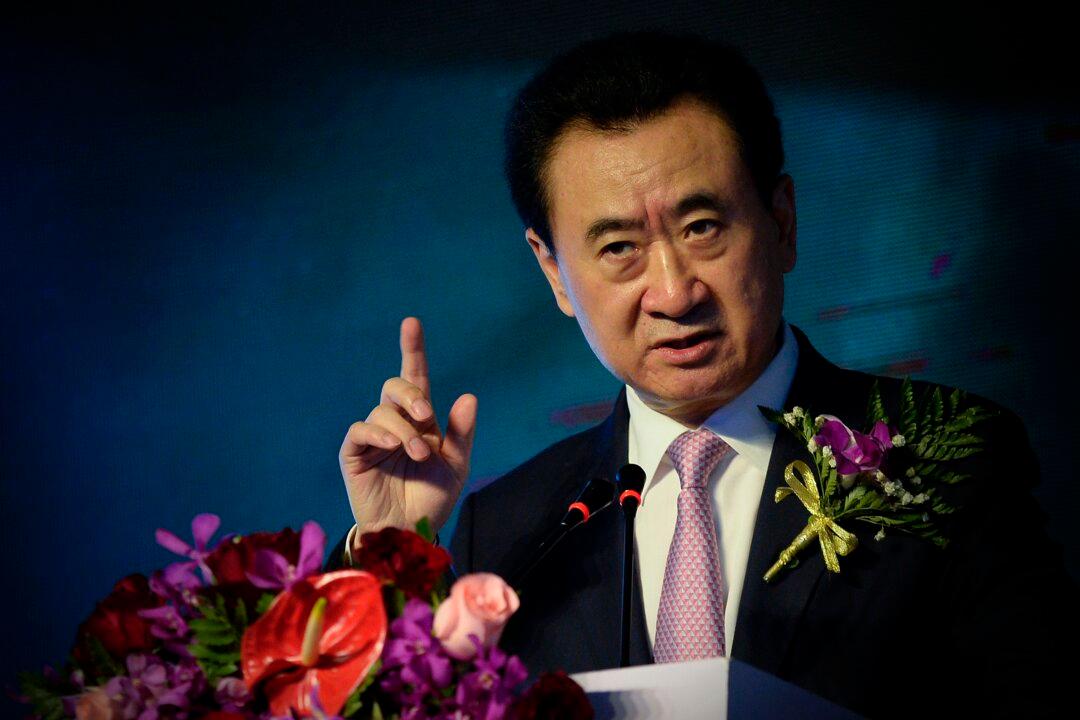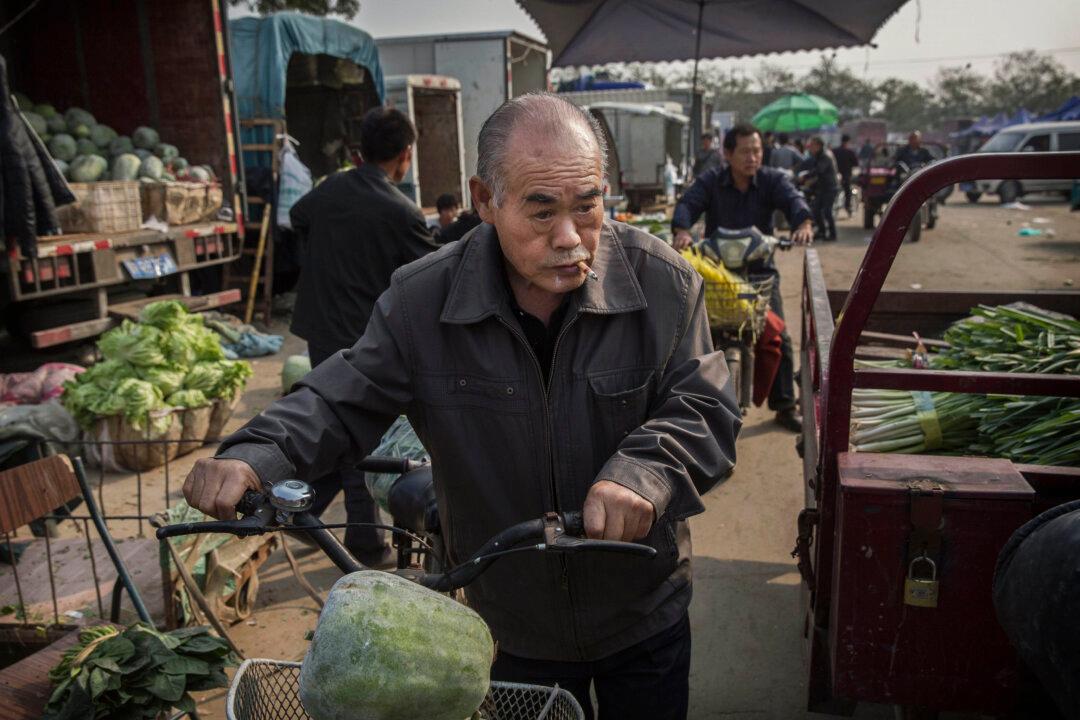China’s biggest foreign asset purchasers are in the crosshairs of Chinese regulators, amidst a Xi Jinping-led effort to root out corruption, reduce money laundering, and curb excessive risk-taking within China’s financial sector.
The China Banking Regulatory Commission (CBRC) last week asked state-controlled banks to assess their credit exposure to several companies involved in overseas acquisitions, according to Caixin, a respected mainland Chinese business magazine. A few banks reduced their holdings of bonds related to these companies.
Companies targeted by the regulator include Anbang Insurance Group Co. Ltd., Dalian Wanda Group Co., HNA Group Co. Ltd., Fosun International Co. Ltd., and a unit of Zhejiang Luosen, which acquired Italy’s AC Milan soccer team in April. The action caused a dramatic selloff of the stocks and bonds of the affected companies last week.
While the full impact of this particular regulatory action is yet to be seen, CBRC’s scrutiny of China’s biggest overseas acquirers is the latest in a string of crackdowns within the financial sector. Sources close to Zhongnanhai, the Chinese Communist Party (CCP)’s central headquarters, told The Epoch Times earlier this year that the Xi leadership is focusing on tackling corruption in the Chinese financial industry in 2017.
In February, Xiao Jianhua, influential billionaire investor and founder of Tomorrow Group, was brought from Hong Kong to Beijing for official questioning. In April, Xiang Junbo, the former head of the China Insurance Regulatory Commission, was placed under investigation. Earlier this month, Wu Xiaohui, chairman of Anbang, was detained by authorities in Beijing.
Voracious Acquirers
Anbang, Wanda, HNA, and Fosun are some of the most active and aggressive bidders for overseas assets.
Together, these four companies bought $56 billion in foreign assets over the past five years, according to analysis from the Financial Times. The resulting capital flight has contributed to the devaluation of the Chinese currency—already under pressure from a slowing Chinese economy—while increasing the balance sheets of overleveraged Chinese banks.





